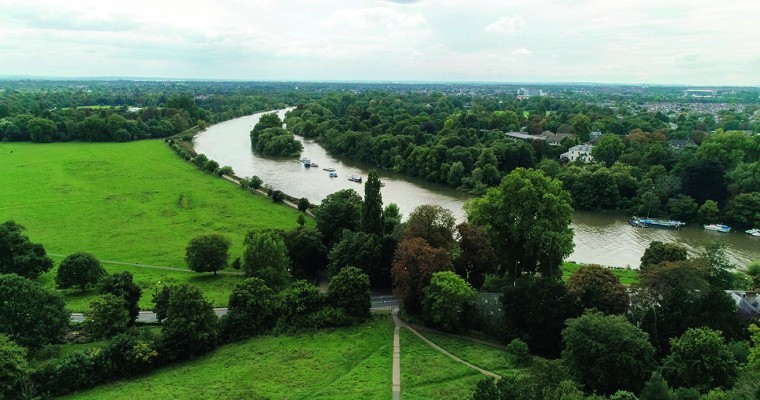South East Farmer has highlighted how some farmers are trying to move away from intensive farming by planting cover crops, planting and managing trees and building soil organic matter.
Now researchers in the £1.25 million Landwise project led by the University of Reading will work with farmers and others across the West Thames area to measure what impact these farmers’ land management methods have on flood risk.
Recent research has focused on “slowing the flow” within river channels using wood to create leaky barriers. But Landwise aims to look at the wider landscape and investigate ways of reducing the volume of water entering river channels in the first place.
Dr Joanna Clark, associate professor of environmental science at the University of Reading, and project lead, said: “If you think about the land surface as a bucket, then these different land use and management methods can help us to increase the size of that bucket and help to empty it so that it can hold more water when it rains again. This is about making small changes over the large catchment area as a whole, rather than large changes in small areas where flooding occurs.
“We found there are many farmers who have already made responsible changes to their land management practices that have the potential to reduce flooding, and others could be further incentivised by changes in agricultural policy.”
The Landwise research is based on the West Thames river basin area, where about 112,000 properties are at risk of flooding if rivers burst their banks, almost 10,000 are at risk of groundwater flooding, and many more are in danger of surface water flooding.
Initially, research will focus on the Loddon catchment which covers Hampshire, Berkshire and Surrey; the Pang catchment which mostly covers Berkshire; and the Upper Thames catchment, before being scaled up to the Thames river basin upstream from Oxford and Maidenhead. The project will explore whether broad scale changes in land use and management could have helped to reduce the severity of flooding events of July 2007 and winter 2013/14.




